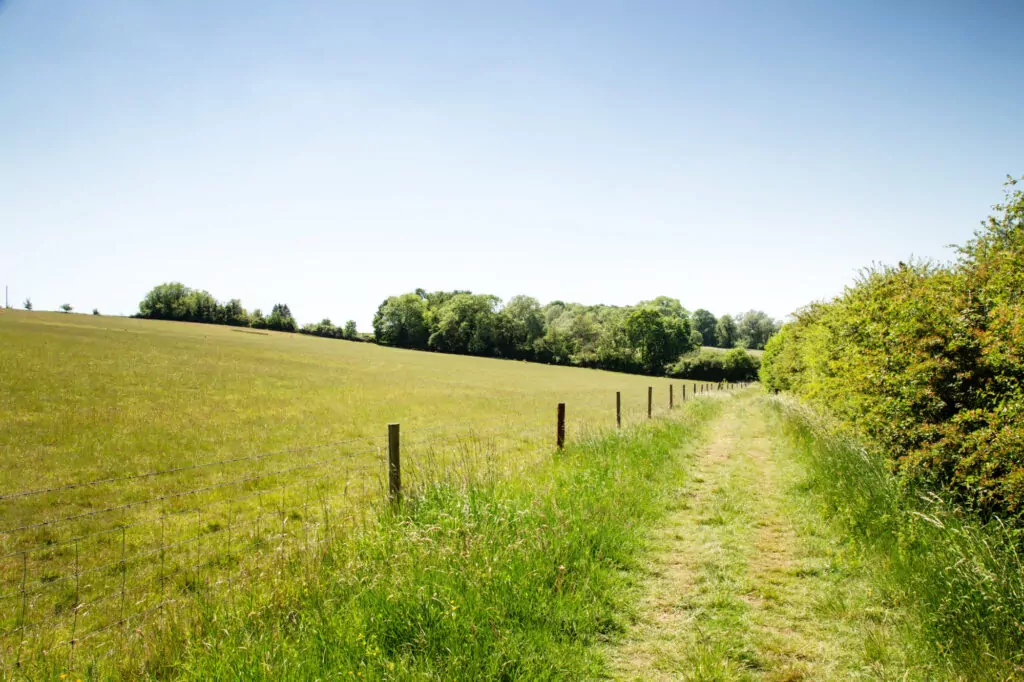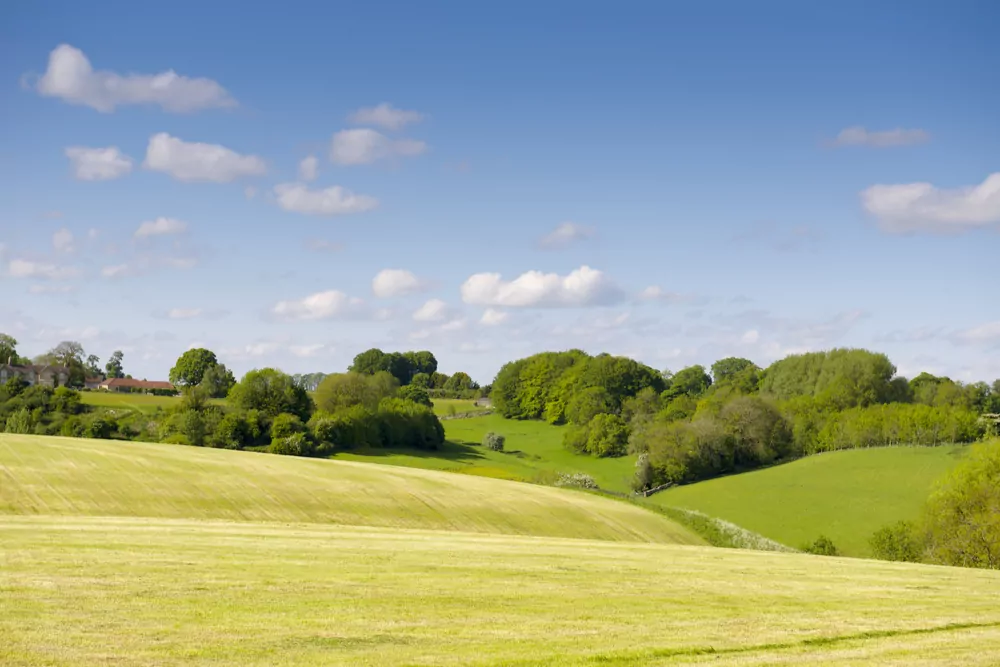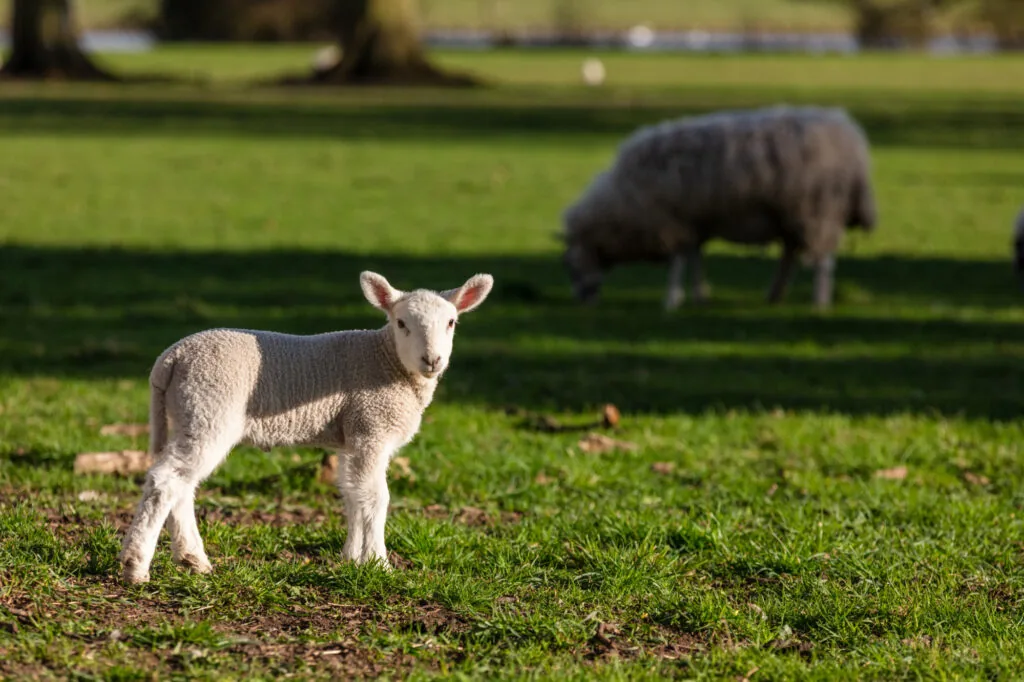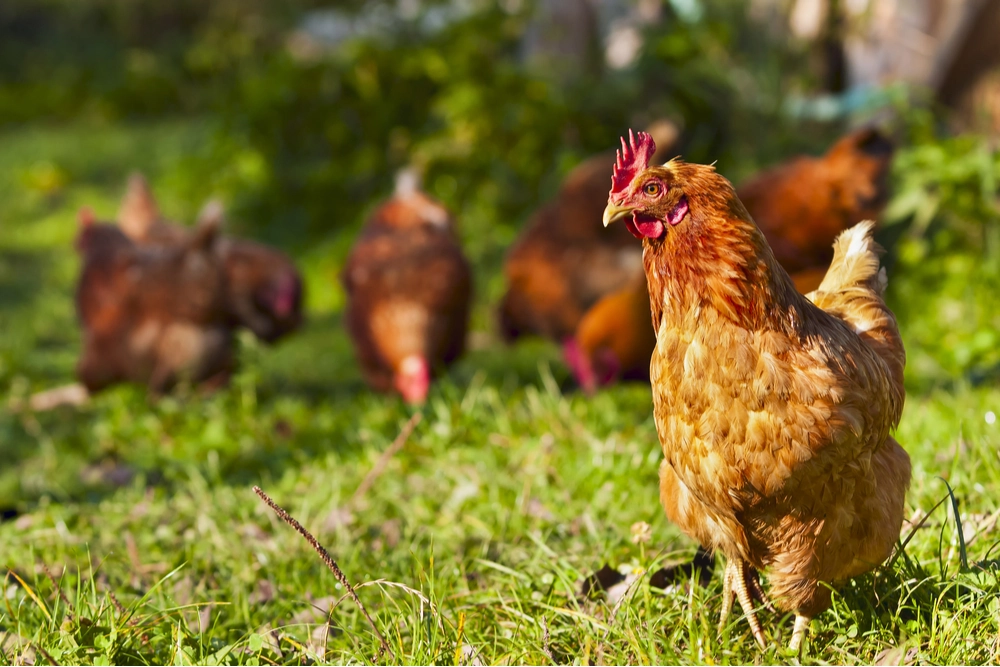
Escape to the country: considerations when buying rural property

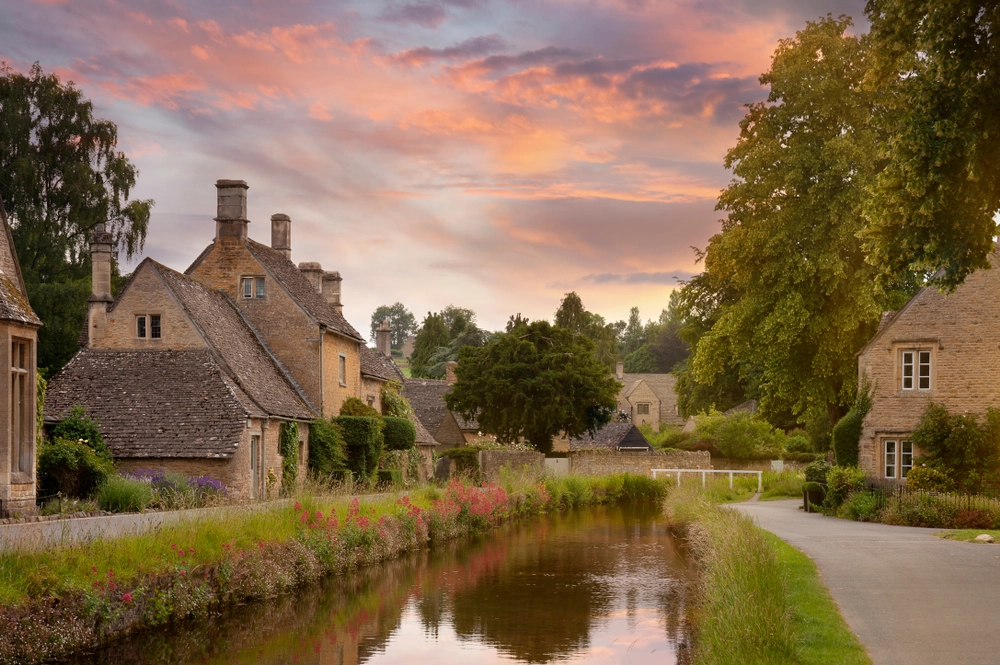
As a result of the covid lockdowns and the rise in the number of people being able to work from home, demand for properties in the countryside increased as homeowners took the opportunity to escape to the country.
Owning a rural property, however, is not always idyllic, pastoral living, and savvy homeowners should be aware of the potential difficulties they may face when buying their rural home. We have put together our 'things to consider' guide when searching for your ideal home or investment in the country.
Boundaries
One of the first things to check when purchasing rural property or land is that the Land Registry title plan or the sale plan matches what you believe you are buying. Boundary changes can happen in rural areas where boundary features such as hedges and stock-proof fencing have been moved to accommodate farming activity.
Buyers should make sure they walk the property to check where the boundaries lie on the ground, and to note any discrepancies which might need to be dealt with. Boundary disputes can be expensive and stressful to deal with – potential buyers should check if there are any existing disputes with neighbours over boundaries.
Access
Many rural properties are often isolated and located away from publicly maintained highways down farm tracks or private roads. Buyers will need to check that they either have direct access to the property from a publicly maintainable highway, or that the relevant rights of access over a private road or lane exist. If the property is accessed over private land, buyers should also check what maintenance provisions are in place and whether anything is payable to the owners of the access.
Private water supply
Rural properties are sometimes not connected to mains water and are served by a private water supply instead. Potential rural homeowners should check how water is supplied (e.g. borehole, well or spring) and, if the source and supply pipes are situated on a third party's land, that the relevant rights to the supply are in place.
Private water supplies can require regular and costly maintenance so buyers will need to factor these running costs into their budgets. The water quality of the supply should also be tested at least every five years to ensure it is safe to drink. Buyers should also be aware that private water supplies can sometimes dry up during hot weather or from overuse of the supply which could leave the property without clean drinking water.
Private drainage system
Rural properties may not be connected to mains drainage and instead could be served by a private drainage system. Buyers should check what sort of system is in place and whether the system is compliant with current environmental regulations. Some older systems are no longer compliant, following changes to the regulations, and replacing or upgrading these systems so that they are compliant can be expensive. Buyers should consider having a private drainage survey carried out which will confirm the type and location of the system, and whether any works are required to bring up it to standard. Some rural properties share use of a private drainage system with their neighbours, and buyers should check who the system is owned by and whether there are any obligations to contribute to maintenance or replacement.
Planning
Historic England estimate that there are over 370,000 listed buildings in England, with a large proportion of these buildings being located in rural areas. While listing protects and retains the historical character of a building, it also limits an owner's freedom to carry out changes to a property without explicit consent. A buyer of a listed building will need to consider these restrictions and whether any future development they wish to carry out may be hindered by the listing. Buyers should also be wary of purchasing properties which have already been altered without listed building consent. Alterations without consent is a criminal offence and local authorities will prosecute the owner of the property, rather that the individual who carried out the alterations.
Some rural properties, especially those situated on farms may have restrictions imposed on them by the Local Planning Authority which limit the occupation of the property. These agricultural restrictions are put in place to prevent a property being used for anything other than a dwelling for an agricultural or forestry worker. Although these restrictions can sometimes be removed, the process for removal is not quick or easy. Buyers should be alert to the possibility of agricultural restrictions existing on a property and be aware of the time and costs required in attempting to have them removed.
How can Foot Anstey help?
Whilst our article highlights some of the complexities of buying a house in the countryside, many of the issues we mention can be resolved with specialist advice.
Foot Anstey has lawyers with expertise in purchasing rural property and issues such as planning, litigation and tax and succession.





